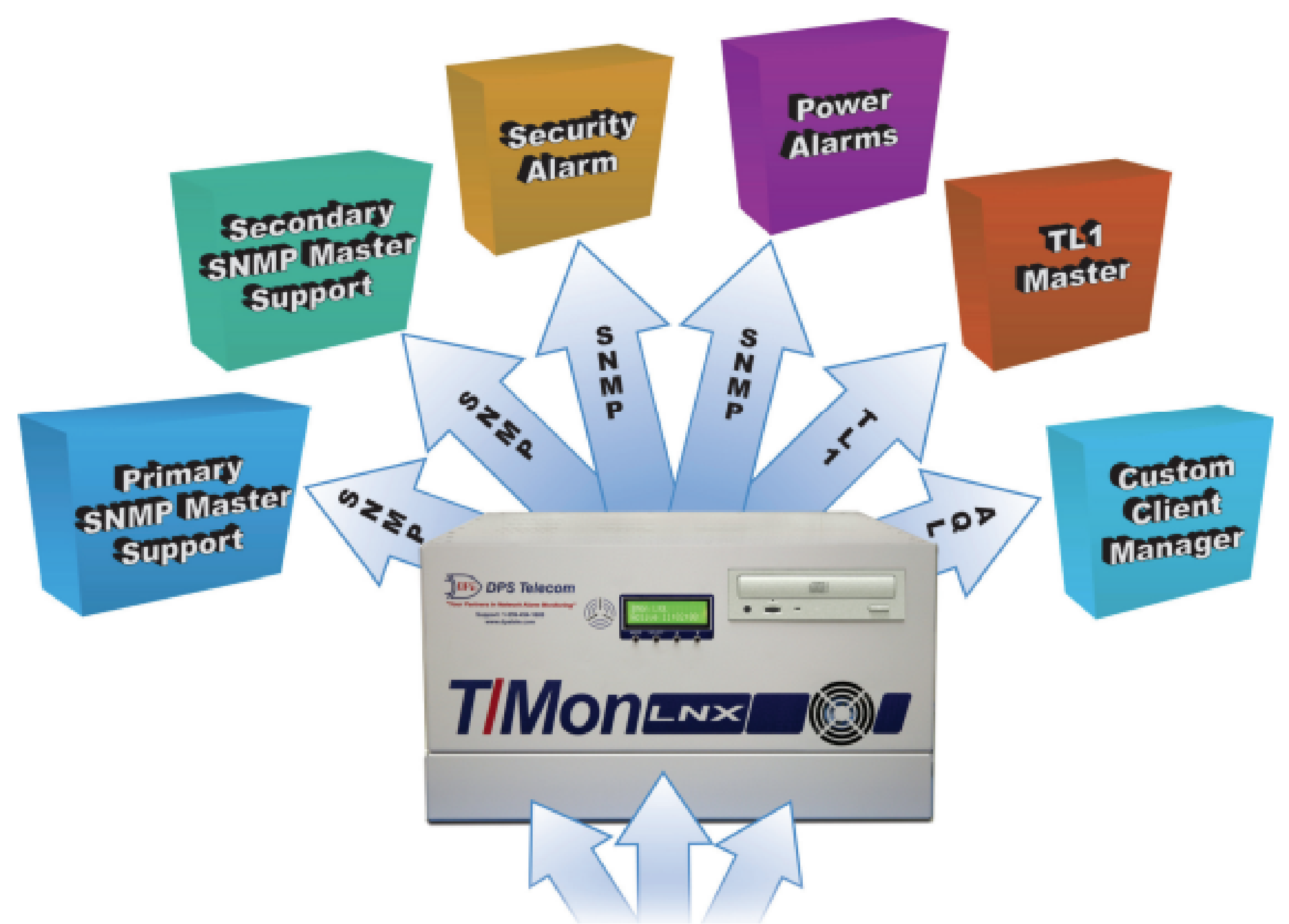Check out our White Paper Series!
A complete library of helpful advice and survival guides for every aspect of system monitoring and control.
1-800-693-0351
Have a specific question? Ask our team of expert engineers and get a specific answer!
Sign up for the next DPS Factory Training!

Whether you're new to our equipment or you've used it for years, DPS factory training is the best way to get more from your monitoring.
Reserve Your Seat TodayRemote monitoring of water storage systems can be difficult. That's especially true when you're dealing with isolated areas that lack power infrastructure.
Let's explore a real-world scenario where a DPS engineer, "JP," assisted a client in developing a SCADA (Supervisory Control and Data Acquisition) solution. In doing so, you will see:

One of the initial hurdles for the client was the absence of a power source at the tank location. The tank was situated half a mile uphill. JP tackled this issue by inquiring about cellular coverage and suggesting solar-powered units:
"Is there cellular coverage (Verizon, AT&T, etc.)? We have the option for solar or battery-powered sending units so that you don't need to run low voltage wiring to the tank locations."
JP's proactive approach highlights the importance of identifying existing infrastructure capabilities. These capabilities include cellular coverage and leveraging renewable energy sources.
In remote areas like this, solar panels and battery backups become critical components of a reliable monitoring system.
The client required a rough order of magnitude (ROM) budget for the SCADA system. Their target implementation date was Spring 2023. JP provided a ballpark estimate:
"The solution for one site may cost over $5K per site. This will provide you an RTU, batteries, and a solar panel, including the weatherproof enclosure."
Understanding the client's budgetary constraints and providing transparent cost estimates are essential steps in project planning. JP's response provided honest reassurance to the client that their financial expectations were feasible. This paved the way for further discussions on system specifications.
The client outlined their requirements to JP. These specifications included monitoring tank levels, managing valve operations, and controlling pump usage. JP emphasized the need for additional monitoring of the generator and power outages:
"Are you also looking to monitor the generator, fuel levels, when the power goes out, and the generator is in use?"
This conversation highlights the critical role of comprehensive monitoring in ensuring the efficient and reliable operation of remote water systems. By integrating generator monitoring, the system can provide real-time alerts and status updates. This enables prompt responses to power-related issues.

To meet the client's needs, JP recommended an RTU solution capable of handling various inputs and outputs. The NetGuardian series, known for its many skills and reliability, was a suitable choice:
"For this capacity requirement, our hardware without any sensors is about $2K. The bulk of the price will be in the solar panel and battery backup system."
The NetGuardian RTUs offer several features ideal for remote monitoring. This includes support for multiple discrete and analog inputs, control relay outputs, and compatibility with SNMPv3 for secure data transmission. The built-in web interface allows for easy configuration and real-time monitoring from any PC on the network.
A key concern for the client was the reliability and maintenance of the system. This is especially a concern given the remote location. JP highlighted the durability and long lifespan of the proposed equipment:
"Our hardware is designed to last with minimal maintenance. The NetGuardian series, for instance, has a Mean Time Between Failures (MTBF) of over 60 years."
This assurance of longevity is crucial for remote installations where frequent maintenance visits are impractical and costly. The NetGuardian RTUs' proven design ensures they can withstand harsh environmental conditions. This reduces the need for constant monitoring and upkeep.
Another key aspect discussed was the use of cellular connectivity for data transmission. The client was relieved to learn that Verizon coverage was available in their remote area. JP explained how cellular connectivity would be used:
"The solution requires a subscription with Verizon or AT&T to provide cellular data, ensuring continuous monitoring and data transmission even in remote locations."
This approach eliminates the need for extensive cabling. Less cables significantly reduces installation costs and time. Cellular connectivity offers a reliable communication channel. Having reliable communication ensures that real-time data and alerts are transmitted without interruption. This is crucial for effective remote monitoring and quick response to any issues.

Every remote monitoring project has unique requirements. This project was no exception. The client needed a system that could seamlessly integrate with their existing infrastructure and provide detailed monitoring capabilities. JP emphasized the flexibility of the DPS solution:
"Our systems can be customized to fit your specific needs, including monitoring different sensors and integrating with your current setup."
The versatility of the NetGuardian RTUs allows for a tailored solution that meets the exact specifications of the project. This customization ensures that the client gets a system that fits their current needs. It also makes sure the system can be scaled or modified as requirements evolve.
Security of data transmission was another critical aspect discussed. JP assured the client that the system uses advanced encryption protocols:
"Our RTUs support SNMPv3, which includes robust encryption to secure data transmission across your network."
The use of SNMPv3 ensures that all data transmitted from the remote site to the central monitoring system is encrypted and protected against potential cyber threats. This is especially important in sensitive applications. At DPS, we see a lot of security demand from our power utility and rail clients. These are potential targets for terrorism, so there are government rules surrounding cybersecurity.
To ensure the successful deployment and operation of the system, DPS Telecom provides extensive support and training. JP offered insights into the support structure available to the client:
"We provide both remote and on-site support options. Our engineers can pre-configure the systems before shipping or assist with on-site setup and debugging."
This wide-range support ensures that clients are never left to navigate the complexities of the system alone. Training sessions equip your team with the knowledge and skills needed to operate and maintain systems effectively. This proactive approach minimizes downtime and makes sure the system runs smoothly from day one.
This conversation demonstrates the importance of tailored solutions in remote monitoring projects. DPS Telecom's ability to make solutions client-specific shows the efficiency and financial gain of a successful remote monitoring system.
If you're facing similar challenges in your remote monitoring projects, or you have a unique set of requirements, contact DPS Telecom today. Our expert engineers are happy and ready to assist you in crafting the best solution.
Call 1-800-622-3314 or email sales@dpstele.com for more information.

Andrew Erickson
Andrew Erickson is an Application Engineer at DPS Telecom, a manufacturer of semi-custom remote alarm monitoring systems based in Fresno, California. Andrew brings more than 19 years of experience building site monitoring solutions, developing intuitive user interfaces and documentation, and opt...